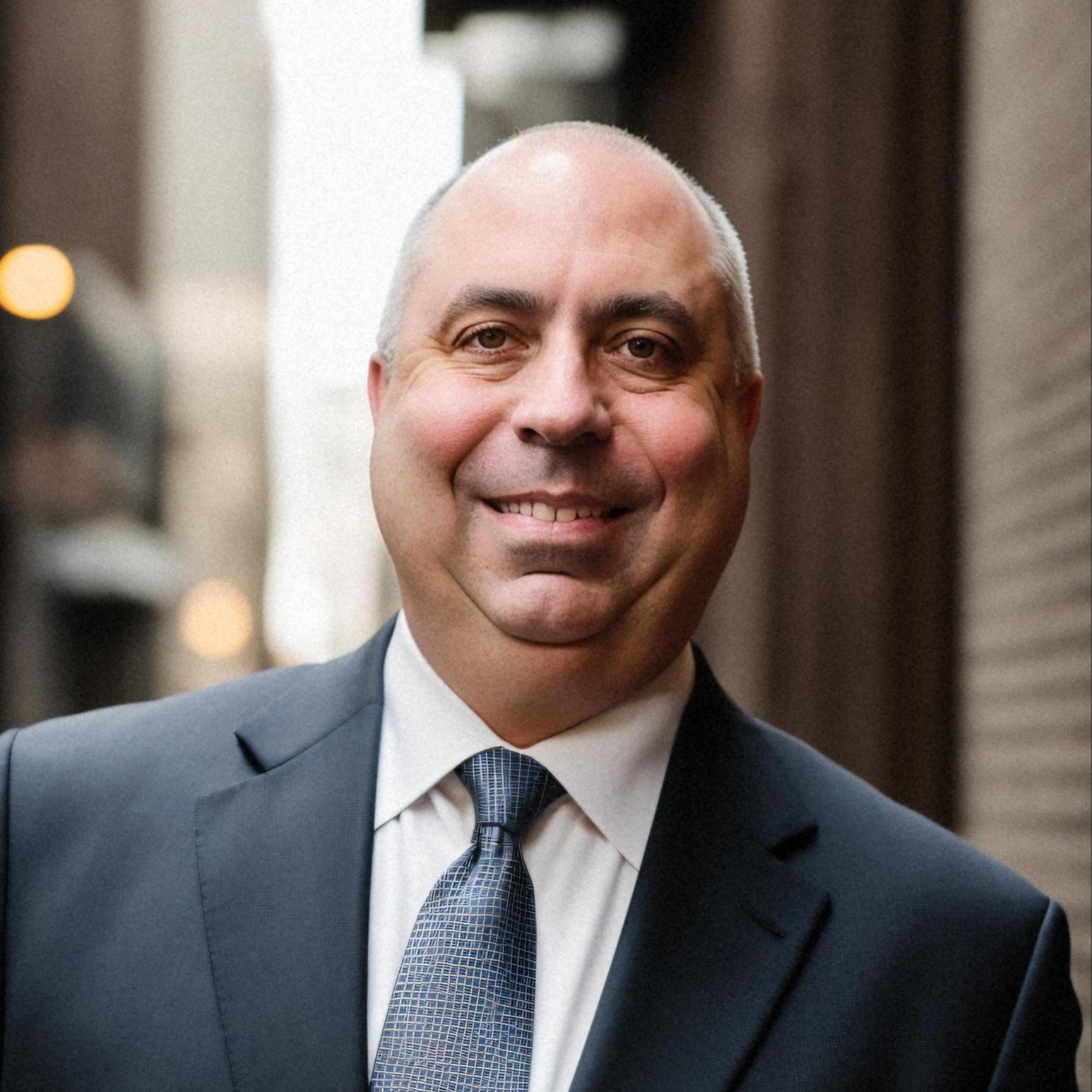I often help my clients to find good people to fill key positions. Before any interviews ever happen make sure that what people are responding to is a very solid job ad. Small business owners being very busy hastily post a shallow ad that doesn't fully describe the position, skills necessary to thrive in the position, minimum qualifications, and opportunities for growth (yes, even in a small business people want to grow!).
Here are my answers to your questions:
1. Review the resume, look for the candidate on LinkedIn to verify information, Google them to see if any surprising information comes up.
2. What large companies do that small ones often don't is to ask a set of standard questions. This way every client is treated equally and sketchy questions are avoided. After asking a vetted set of questions related to the resume and workplace behavioral questions such as, "Tell me about a mistake you made in your last job and how you handled it.", additional spontaneous follow-on questions can be asked for further clarification. This is the best way to get the right information from each candidate. Don't wing it!
3. Ask the behavioral type questions. How would your former co-workers describe you? What do you think are your strongest assets we can count on? How does this job fit in to your long-range career plan? What type of optional self-improvement training have you done in the last year? Remember, you're looking for someone who can do the job, fit in to the culture and be a long-term asset. Just asking about job-related skills isn't enough.
4. Showing up late. Not looking you in the eye. Being unsure of their answers. Not smiling. Having no questions of their own about the company. Showing little evidence of having done their homework about your company (or you). Having a poor answer to why they'd like to work at your company specifically.
5. Absolutely. If you want long-term employees, then you should have at least 2 rounds of interviews. I've had 2nd round candidates take an assessment that is not a basis for a hiring decision, but one that reveals more about the type of person they are.
6. I don't think it's the interviewer's job to follow-up with the candidate after the interview. However, they should talk with internal team members about the candidates who have interviewed to see who seems worthy of being invited back for round 2.
These are the best practices I've employed to help clients find great people.












